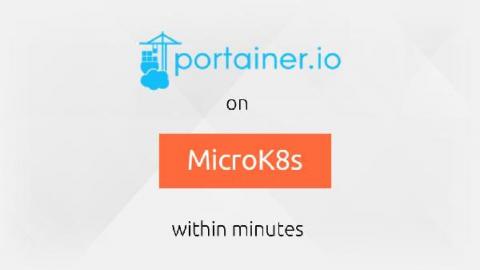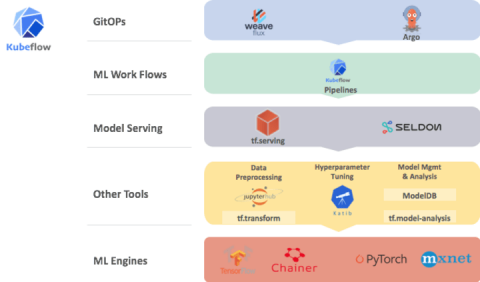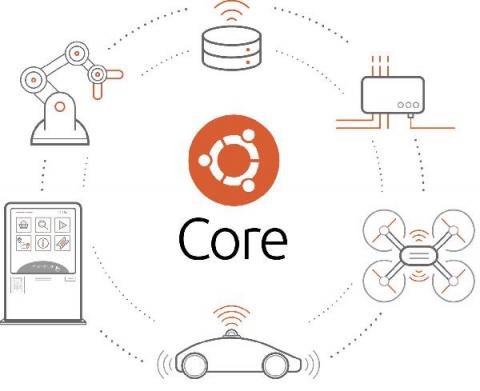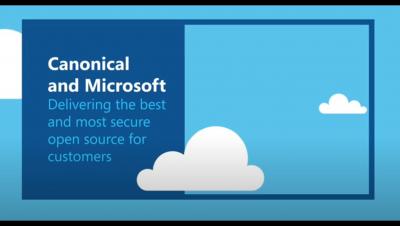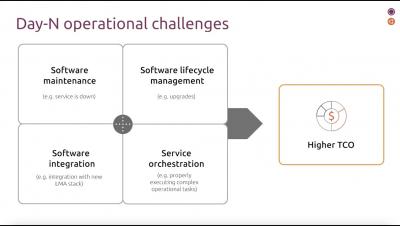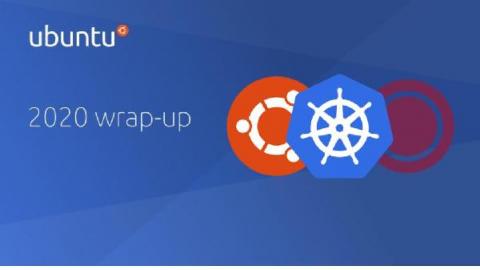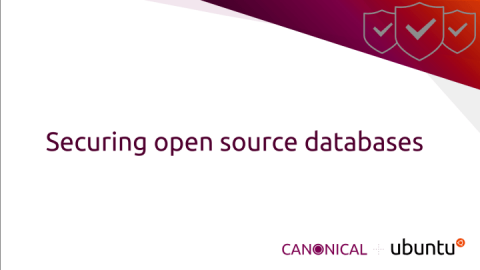Portainer recommends MicroK8s for effortless deployment
Portainer is an open source tool that allows for container deployment and management without the need to write code. In their recent publication, ‘How to deploy Portainer on MicroK8s’, the Portainer team share with the community how easy and fast it is to deploy Portainer on MicroK8s. In fact, the entire process only requires a single command! For a step-by-step walkthrough of the process, take a look at Portainer’s 5 minute video below. Install MicroK8s


